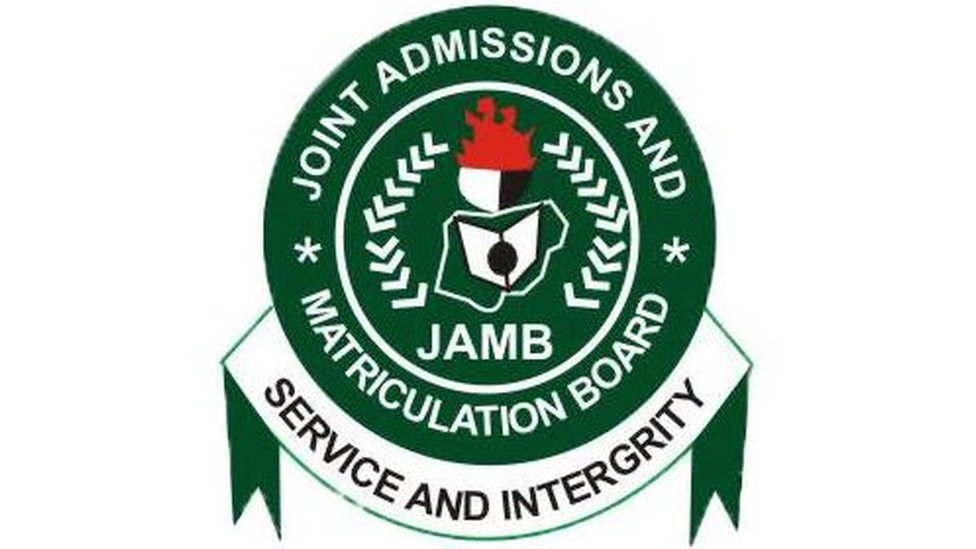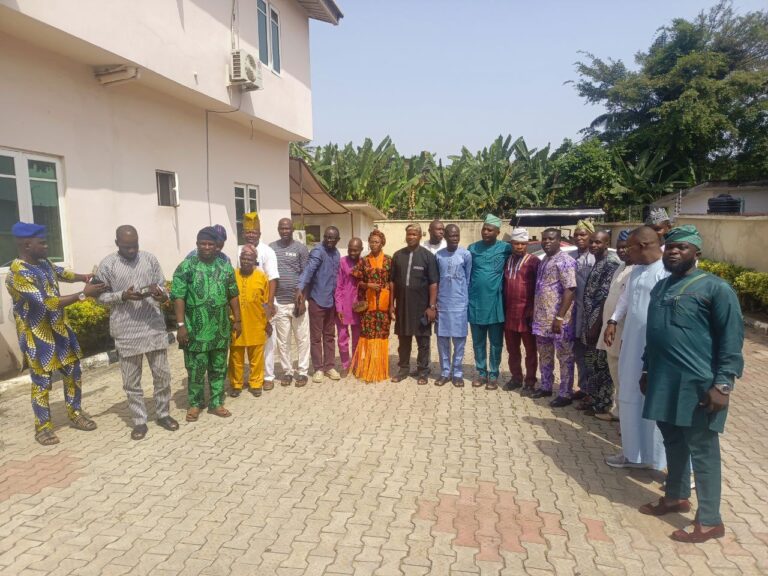
The Joint Admissions and Matriculation Board (JAMB) has uncovered a staggering 9,469 admissions conducted outside its official Central Admission Processing System (CAPS) for the 2024 academic session across 20 tertiary institutions in Nigeria.
The disclosure was made through official data obtained from the board, revealing that several public and private institutions offered thousands of admissions through backdoor processes not recognized by JAMB. The development has raised concerns over the continued violation of admission protocols by tertiary institutions, despite repeated warnings from the board.
Leading the list of offending institutions is the Kano State University of Science and Technology, which reportedly admitted 2,215 students through unauthorized means. Ladoke Akintola University of Technology, Ogbomoso, followed with 1,215 illegal admissions.
Other institutions involved in the malpractice include: Gombe State University 1,164, Emmanuel Alayande University of Education 761, Federal University of Technology, Owerri 534, Ambrose Alli University 514, Igbinedion University 365, Akwa Ibom Polytechnic 340, College of Nursing, National Orthopaedic Hospital, Igbobi 281, Achievers University 267, Nigeria Police Academy 263, Abia State Polytechnic 256, Osun State University 224, Federal University, Lafia 189, Niger State Polytechnic 182, Federal Polytechnic, Idah 171, Edo State Polytechnic 166, Anchor University 133, Michael and Cecilia Ibru University 116, Federal College of Animal Health and Production Technology 113
JAMB condemned the trend as a flagrant violation of its regulatory powers and reiterated that all admissions conducted outside CAPS are illegal and would not be recognized.
CAPS and the Standardization of Admissions
The Central Admission Processing System (CAPS) was introduced by JAMB to sanitize and standardize the admissions process into Nigeria’s tertiary institutions. The platform, which operates as an online portal, allows candidates to track their admission status in real time and ensures that institutions admit students based on clearly defined merit and quota-based criteria.
The CAPS platform was designed to eliminate human interference, favoritism, and irregular practices in admission processing. It provides an interface for both institutions and applicants to transparently process, confirm, and accept offers of admission under JAMB’s regulatory oversight.
By bypassing this system, institutions not only undermine the integrity of the admission process but also put candidates at risk of being ineligible for critical post-admission processes, particularly participation in the National Youth Service Corps (NYSC).
Speaking at the recently concluded 2025 JAMB Policy Meeting held in Abuja, the Minister of Education, Dr. Tunji Alausa, restated the federal government’s position on illegal admissions. He issued a strong warning to institutions and individuals engaging in admissions outside CAPS, declaring such admissions null and void.
The minister stated, “Any admission conducted outside CAPS, regardless of its intentions, is illegal. Both institutions and the candidates involved in such practices will be held accountable. Sanctions may include the withdrawal of institutional licenses, prosecution of culpable officials, and the dissolution of governing councils involved.”
He emphasized that JAMB remains the only body statutorily empowered to coordinate admissions into Nigeria’s tertiary institutions, and any deviation from this process would attract consequences.
JAMB has also warned candidates who accept admissions outside CAPS that they risk disqualification from the NYSC scheme, a mandatory post-graduate service for Nigerian graduates. Since such admissions are not formally documented in the CAPS system, students who complete their studies under such conditions may not receive valid clearance from the board, thereby rendering their academic journey invalid in the eyes of the law.
This latest revelation adds to a growing list of infractions committed by several Nigerian tertiary institutions, many of which have been previously cautioned. The board has vowed to strengthen its compliance monitoring mechanisms and increase penalties for defaulting institutions going forward.
While some institutions have claimed that certain admissions were for non-traditional programmes or that technical lapses accounted for the discrepancies, JAMB insists that every admission regardless of programme type must pass through CAPS for proper validation and national accountability.
A Call for Institutional Responsibility
The board urged tertiary institutions to respect regulatory frameworks and maintain ethical standards in their operations, particularly regarding student admissions. It also advised students and parents to verify the legitimacy of admission offers through the JAMB portal before accepting any offer, stressing that ignorance will not absolve anyone of consequences.
As JAMB prepares for the next admission cycle, the board has pledged to intensify awareness campaigns and enforce stricter sanctions to prevent further abuse of the system. The fate of institutions listed in the 2024 admission fraud report now lies in the hands of regulatory bodies and the Federal Ministry of Education, which is expected to take decisive action in the coming weeks.
With over 9,400 students affected, this incident represents one of the largest documented cases of illegal admissions in Nigeria’s recent academic history, raising critical questions about institutional compliance and regulatory enforcement in the nation’s education sector.





